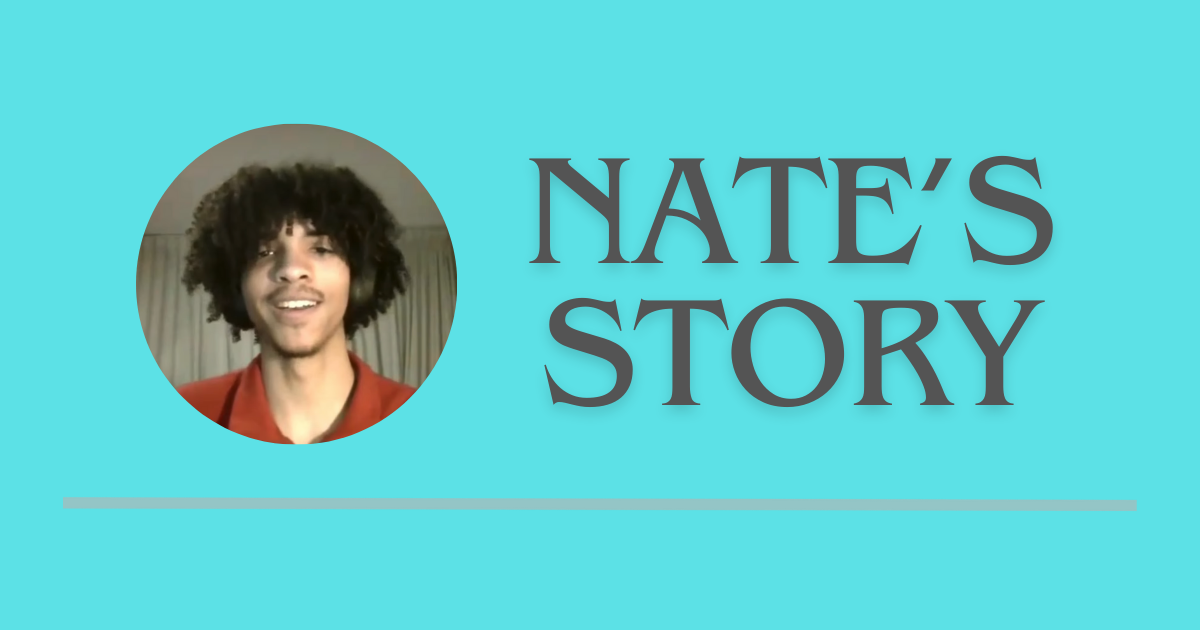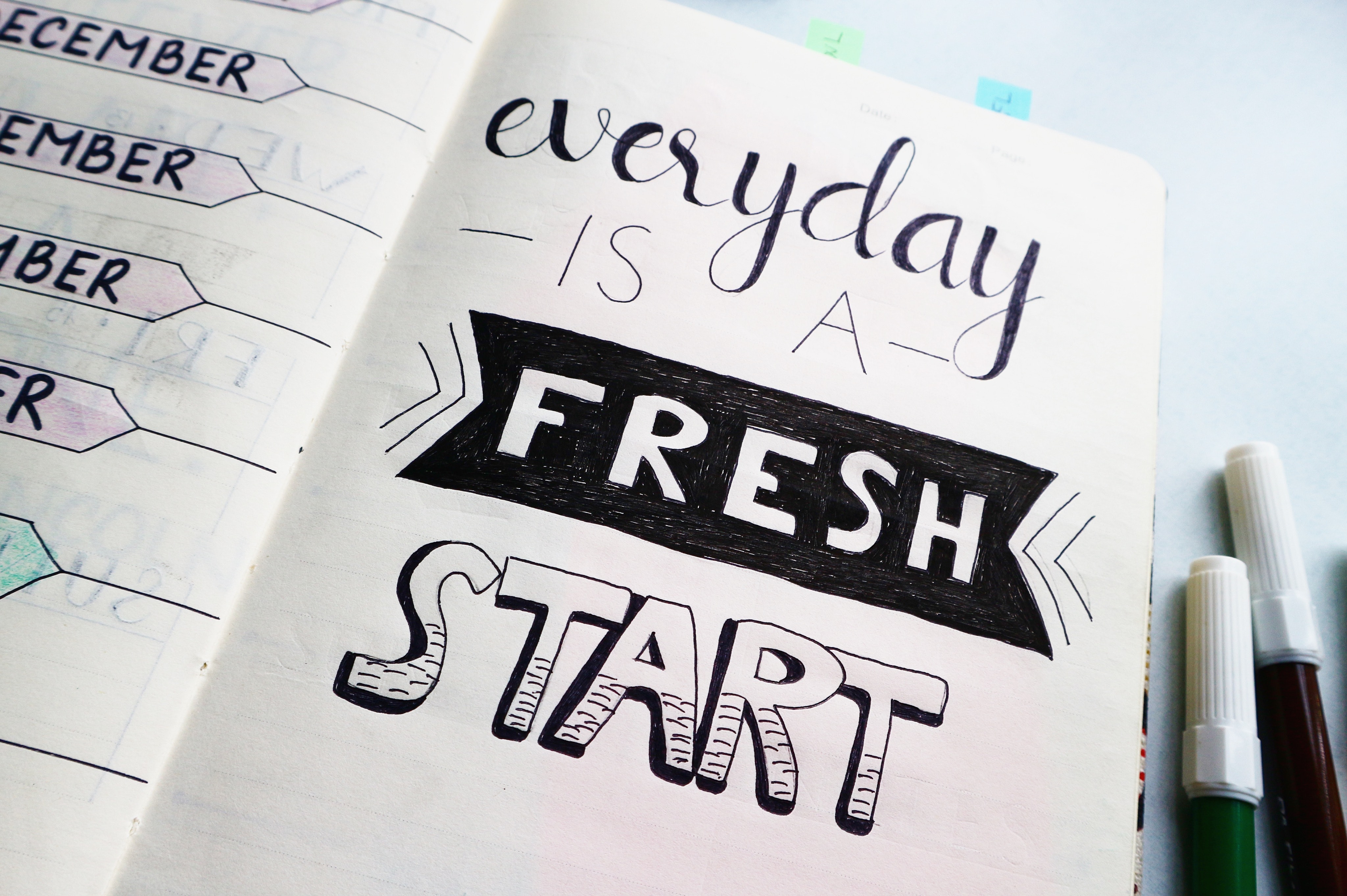
Whenever a student says they don’t need a calendar because they can remember everything they need to do in their heads, they may not realize that they actually are giving themselves a lot more work than they need to. That’s when we ask them… why give ourselves a job that technology can do for us?!
When student’s brains are filled with reminders, tasks, events, and long to-do lists, it’s almost certain that they’ll feel one of a combination of the following: overwhelmed, anxious, unmotivated, stupid, “bad” at a subject (or two or three) and of course chronically unorganized.
It’s never too late to start using a calendar. We sometimes even see students who get to the first semester of college without a calendar. These students will usually either fail classes, are consumed by immense stress and/or see their grades drop so much that they lose their scholarship or start to believe they’re not smart enough to be there.
A calendar is the most essential tool for learning and life success. It’s not a ‘nice to have.’ It’s not a ‘helpful’ tool. Without the calendar being a part of your child’s daily routine, school (and life) will always be harder than it has to be.
With that said, we can give our teens all of the tools in the world, but the magic isn’t in the tools they have, it’s how they use these tools.

A calendar is a tool that requires skills to use, and skills are strengthened through practice. The reason your child doesn’t want to use one or doesn’t see the benefit is that they don’t have the right skills, yet. Without the right skills, the calendar isn’t very helpful. And if it’s not helpful, why would your kid want to use it?
Think about riding a bike. Imagine the first time your kid (or even yourself) got onto a bike. Did you give your kid the bike and tell them to “just ride it”? Or, did your kid need to practice many times before starting to feel comfortable on the bike?
Telling them to just plug in their deadlines is like telling them to just get on a bike and balance their weight. It’s the first step but without knowing what to do next, they’re not able to use the tool as it’s meant to be used.
If your child doesn’t know how to scope their work – how to evaluate how long it will take to complete a certain assignment or study for a test – how to break out large tasks into smaller milestones and plan out specific days and times to actually do the work to meet those milestones, the calendar won’t do them much good.
Without scoping or planning, they’re not practicing critical thinking, executive functioning, focus, prioritizing, growth mindset or any of the other skills that make the calendar such a life-changer.
When the calendar is used properly, it changes how your kid thinks, how they approach school and learning and very often, their relationship with themselves (teens who use calendars view themselves as smarter and more capable than those who don’t).

This is one of the reasons the calendar is the very first thing we teach our kids how to use. Most of them don’t want to and, once they learn how to use it properly, are like “…why didn’t I know about this before?”
So when your kid won’t use a calendar, remember: you can’t blame them for not using a tool they’ve never used properly before.
Also remember: they can learn how to use it! And in doing so, realize that school does not have to be a struggle. There are tools that make it easier and more enjoyable, especially for students with learning differences or who feel they’re not smart enough.
The calendar is just one tool that unto itself is enough to change your child’s entire educational journey. You don’t have to try to make them use it alone. You can bring in the experts to help them discover on their own terms why they should care and help them want to learn 🙂 Click here to book a free 1:1 assessment with my team to help your child see for themselves how this tool and others will make school (and life) much easier for themselves.
Kelsey




